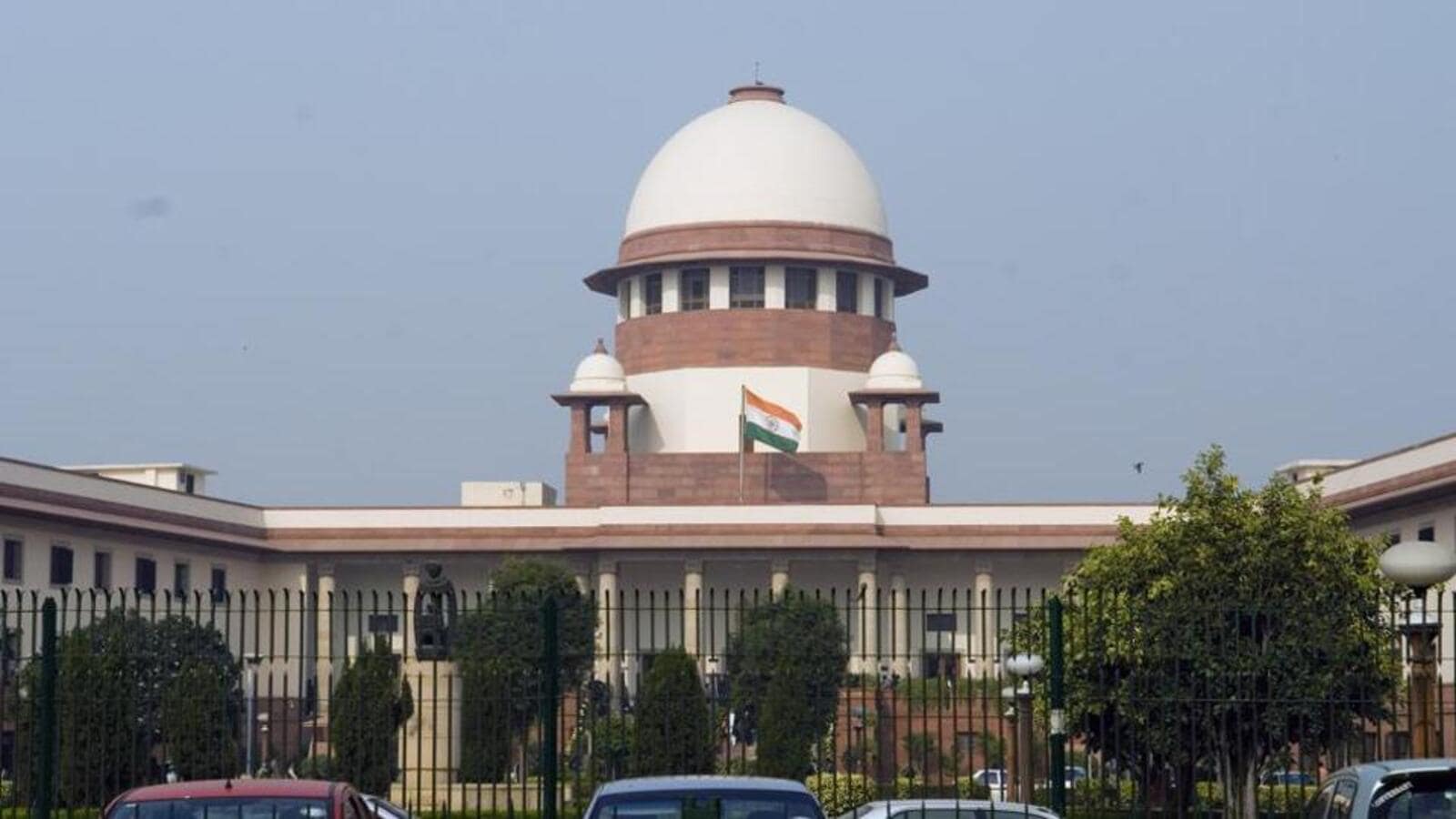
SC laments loss of values, morals of nation
K Raveendran, IPA, Delhi, 28 February 2023 : The Supreme Court this week pronounced a few home truths about the state of our nation. The ‘confession’ came by way of oral remarks in a petition seeking to debar persons against whom charges have been framed in serious offences from contesting elections. But the court’s observations, though making distressing reading, cannot be more candid.
“What is happening in the name of democracy. What kind of bureaucracy we have, better to keep quiet…..No comments. The first thing we need to evolve as a nation, we have to go back to values, we have to gain character. That goes to each one of us. You go to any government office; I’ve said this earlier also. Will anyone come out of that office unscathed, with full dignity as a citizen of this country? Corruption!. Go to the western countries, common man is never bogged down with corruption. Maybe in the highest levels. Here, what happens? It’s the root problem. We need to regain character, without that there’s no use.”
These were the remarks of Justice Nagarathna, who along with Justice K M Joseph, constituted a bench that considered a petition by advocate Ashwini Kumar Upadhyaya on the need to debar criminals from contesting elections. The Election Commission has refused to interfere, saying it is for parliament to deal with the problem. The petition had cited statistics on how the number of political persons against whom chargesheets were filed in criminal cases have been on the rise in recent years.
The call for restoration of values in our lives is the crux. The moral values that the makers of our constitution makers presumed for the subjects and their leaders are no longer applicable today. The laws were drawn up on the basis of ethical standards of a bygone era, which lost much of their relevance today. We need living laws capable of equalling the challenge of innumerable smart ways in which a morally decadent society can dodge conventional morality and systems.
The sad fact is that we have failed as a nation to fight the evil of corruption. It is no wonder, therefore, that India has been scoring poor rankings in the global corruption index. The rate of conviction in corruption cases is abysmally low. And even among the convictions, the vast majority are bribery cases involving low-level bureaucrats in the government and other public services.
The stringent conditions for proving demand and acceptance as well as recovery of the bribe money have made prosecution in corruption nearly impossible, especially when those who accept bribe do not oblige the law enforcement authorities by leaving adequate proofs behind. There are no receipts issued for accepting bribery. The difficulty to prove bribe-taking, in fact, acts like an incentive to demand and take more bribes.
There is need for a paradigm shift in the approach to corruption cases. The bribe takers often outsmart the law to leave no trails of their crime and this ability acts like an incentive to indulge in further corruption. So, subject to certain conditions being fulfilled, the onus of proving innocence must rest with the accused, who should be presumed guilty until proven innocent. The current approach of presuming someone innocent until proven guilty has been abused so much that we need a new approach to fight corruption. The innocent versus guilty argument, which tolerates a thousand guilty to escape punishment rather than one innocent getting punished, has gone too far.
The law has to take into account the incremental moral degradation afflicting our society. The moral values that the law makers presumed for the subjects are no longer applicable today and, therefore, the laws have to reflect those changes. If we expect the criminals to play ball, we would be living in a fools’ paradise.
In the changed situation, the tendency to become corruptible must be taken as the rule and honesty as an exception, rather than the other way around, which has been the essence of conventional jurisprudence. But experience shows that honesty commands a premium as people in authority are more likely to abuse their position, rather than act honestly. The inability of the current laws and systems to make the corrupt accountable only serves as encouragement to indulge in more and more violations.
All of this goes back to one’s values, the court said. “If you have that, you will have a nation. All these problems will slowly weed out”. “Values are more important than all the material wealth”, Justice Joseph added.
When the judgment in the petition comes, most probably, none of the above may figure in it and might be something like the verdict delivered earlier by former CJI Dipak Misra, which said the court was helpless to do anything and hoped that the government should do something. (India Press Agency)

0 Response to "SC laments loss of values, morals of nation"
Post a Comment
Disclaimer Note:
The views expressed in the articles published here are solely those of the author and do not necessarily reflect the official policy, position, or perspective of Kalimpong News or KalimNews. Kalimpong News and KalimNews disclaim all liability for the published or posted articles, news, and information and assume no responsibility for the accuracy or validity of the content.
Kalimpong News is a non-profit online news platform managed by KalimNews and operated under the Kalimpong Press Club.
Comment Policy:
We encourage respectful and constructive discussions. Please ensure decency while commenting and register with your email ID to participate.
Note: only a member of this blog may post a comment.